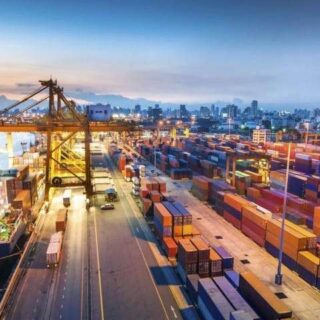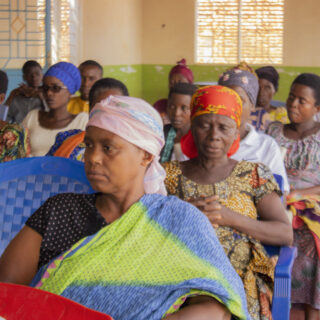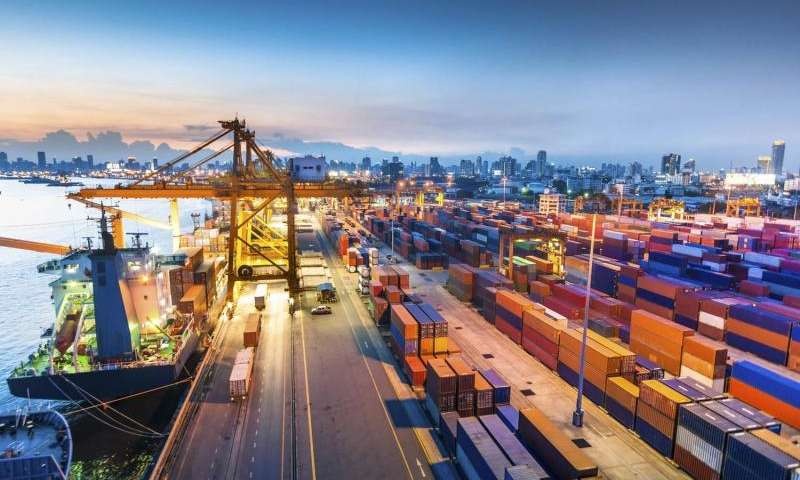
African governments coming together to put short-term greed aside by agreeing to eliminate tariffs via the AfCFTA is a commendable step, but the lack of trade infrastructure poses a significant non-tariff barrier. For the CDE Great Lakes, the solution to this barrier lies in the AfCFTA investment protocol. Analysis.
The African Development Bank reports that African countries experience an annual infrastructure deficit of between $68 billion and $108 billion per year. This amount is expected to reach $170 billion per year by 2025. Consequently, the private sector has to step in to bridge the gap, particulary when the $3.1 trillion annual output of Africas’s economy is largely devoted to consumer spending budget, which is politically difficult to reduce.
Let’s take Burundi among all African countries. Burundi, as it is, is not a safe place for investment. The proof is that the rate of foreign direct investment or domestic private investment is almost zero. Whether due to the damage caused to investments because of political conflicts, the inability to protect investors against crime, excessive taxation, regulation, inflation, etc., Burundi is not the good student in terms of guaranteeing the security of capital. This is what the investment protocol of the African Continental Free Trade Area wants to change. This protocol is an opportunity to change this situation by allowing investors to build the infrastructure needed for trade without running the risk of African governments rendering their investments worthless on a whim.
What Burundi needs most
For this protocol to be effective in the Burundian commerce, the protections described in the investment protocol must be roughly put into application. Governments that violate the investment protocol must face sanctions, and that pain must outweigh the perceived short-term benefits of the violation.
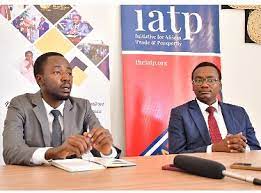
What Burundi and Africa in general need most are institutions that can credibly limit the power of governments, and allow the genius of the individual African to flourish. If political considerations continue to jeopardise the interests of investors in the AfCFTA investment protocol, it will be nothing more than fine words on paper that will fundamentally change nothing and meanwile this will have hampered free trade in Burundi.
Solving Issues Inherent to the Deployment of the AfCFTA
The Investor-State Dispute Resolution Mechanism of the Investment Protocol is currently being negotiated as an annex to the Protocol. The protocol first requires an attempt at amicable resolution, but once amicable dispute resolution mechanisms are exhausted, investors should be able to approach an African court which has real powers when it comes to disputes between governments.
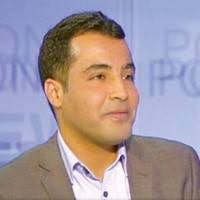
A court with jurisdiction to investigate all matters relating to the AfCFTA, whether between State Parties or between an individual/private party and a State Party, should be established. The Dispute Resolution Annex should then enable appellants from this AfCFTA tribunal to approach the existing African Court on Human and Peoples’ Rights (ACHPR) in Tanzania and set out the procedure to be followed. to do this. Currently, Burundi has ratified the protocol establishing the ACHPR, but has not yet submitted declarations authorizing non-state parties to bring it to the ACHPR. This will need to be modified by the annex, at least for cases involving investor-state dispute appeals.
According to Professor Hicham El Moussaoui, “Burundi does not lack good ideas for development, what is missing are the institutions that make these ideas a reality”. Institutions that protect individuals/private parties against statism. Once we have them in place, through the AfCFTA treaty through the investment protocol, investors will find ways to overcome difficulties and build infrastructure.

